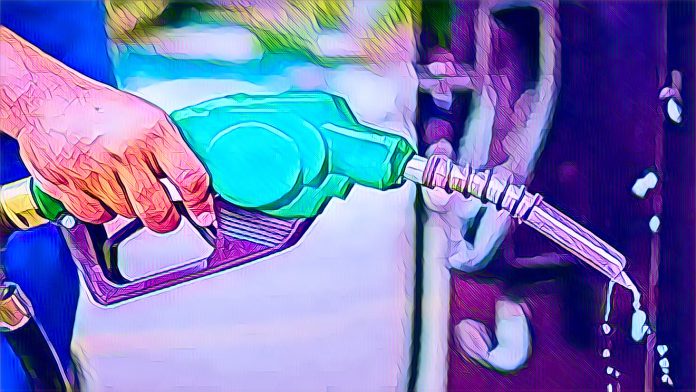Wale Edun, Nigeria’s Minister of Finance and Coordinating Minister of the Economy, has clarified that the removal of the fuel subsidy is a dynamic and ongoing process influenced by several factors. This statement came during a Channels TV interview where he addressed various economic issues currently facing the country.
Edun emphasized that while the subsidy was officially stopped last year, the transition remains complex due to fluctuating crude oil prices and the depreciating exchange rate. He noted, “The removal of fuel subsidy is an ongoing conversation. It is a process of ensuring that the fuel subsidy is completely eliminated from the Nigerian economy. This aligns with the President’s intent and is actively being pursued.”
In discussing the country’s financial health, Edun reassured that Nigeria is no longer dependent on borrowed funds or the Central Bank of Nigeria’s Ways and Means for meeting its financial obligations. He highlighted the government’s successful efforts in enhancing revenue generation from government parastatals and agencies, marking a significant shift from previous practices.
“The Federal Government has revamped its revenue strategies, ensuring that we are not reliant on borrowed funds for our operations,” Edun explained.
The minister also disclosed upcoming financial support from international sources, stating, “Nigeria is set to receive about $2.5 billion from the World Bank within the next two weeks, acknowledging the government’s effective management of the country’s economy.” He stressed that the terms associated with this funding are favorable, with very low interest rates, countering claims that Bretton Woods institutions dictate the country’s economic policies.
Amidst concerns about soaring inflation rates, which have seen general inflation surpasses 33% and food inflation approaching 40%, Edun acknowledged the economic pressures faced by Nigerians. However, he pointed to signs of economic stabilization and a gradual decrease in inflation rates on a month-to-month basis.
“The interventions in the agricultural sector and the onset of the dry and wet seasons are expected to reduce food prices significantly,” he asserted, adding that the economy is stabilizing gradually.
The minister addressed the contentious issue of fuel subsidy removal and currency liberalization, acknowledging their role in the initial spike in prices and inflation. However, he defended these measures as necessary steps taken by the administration to rectify long-standing economic challenges.
Edun also responded to concerns about the departure of multinational companies from Nigeria, attributing their exit to the previously illiquid foreign exchange market—a situation his administration inherited. He noted improvements in the FX market dynamics: “We now have a willing buyer, willing seller FX market. Though it’s not yet at our desired levels, reducing inflation is crucial for stabilizing and possibly lowering the exchange rate and interest rates.”
Looking forward, Edun expressed optimism about Nigeria’s potential to retain and attract international firms, thanks to the liberalization of the market. “The previous uncertainty in the FX market had stalled activities. Now, with stability returning, it encourages companies not only to remain in Nigeria but also attract new ones,” he commented.
The minister revealed significant upcoming investments in the oil and gas sector, amounting to approximately seven billion dollars. He attributed this positive outlook to the executive orders recently signed by President Bola Tinubu, which are starting to yield tangible benefits and reposition Nigeria as a prime investment destination.
These comprehensive reforms and strategic initiatives underscore the Nigerian government’s commitment to reshaping the country’s economic landscape, fostering a conducive environment for business growth, and ensuring sustainable development in alignment with global standards.



